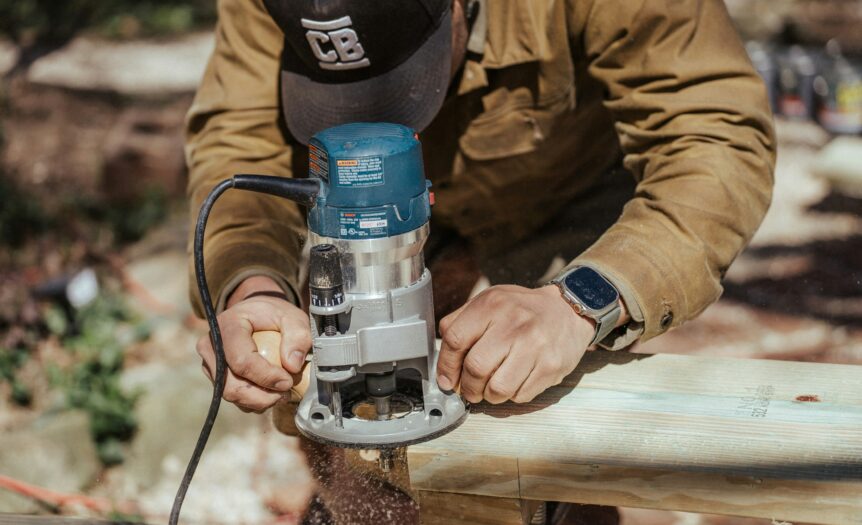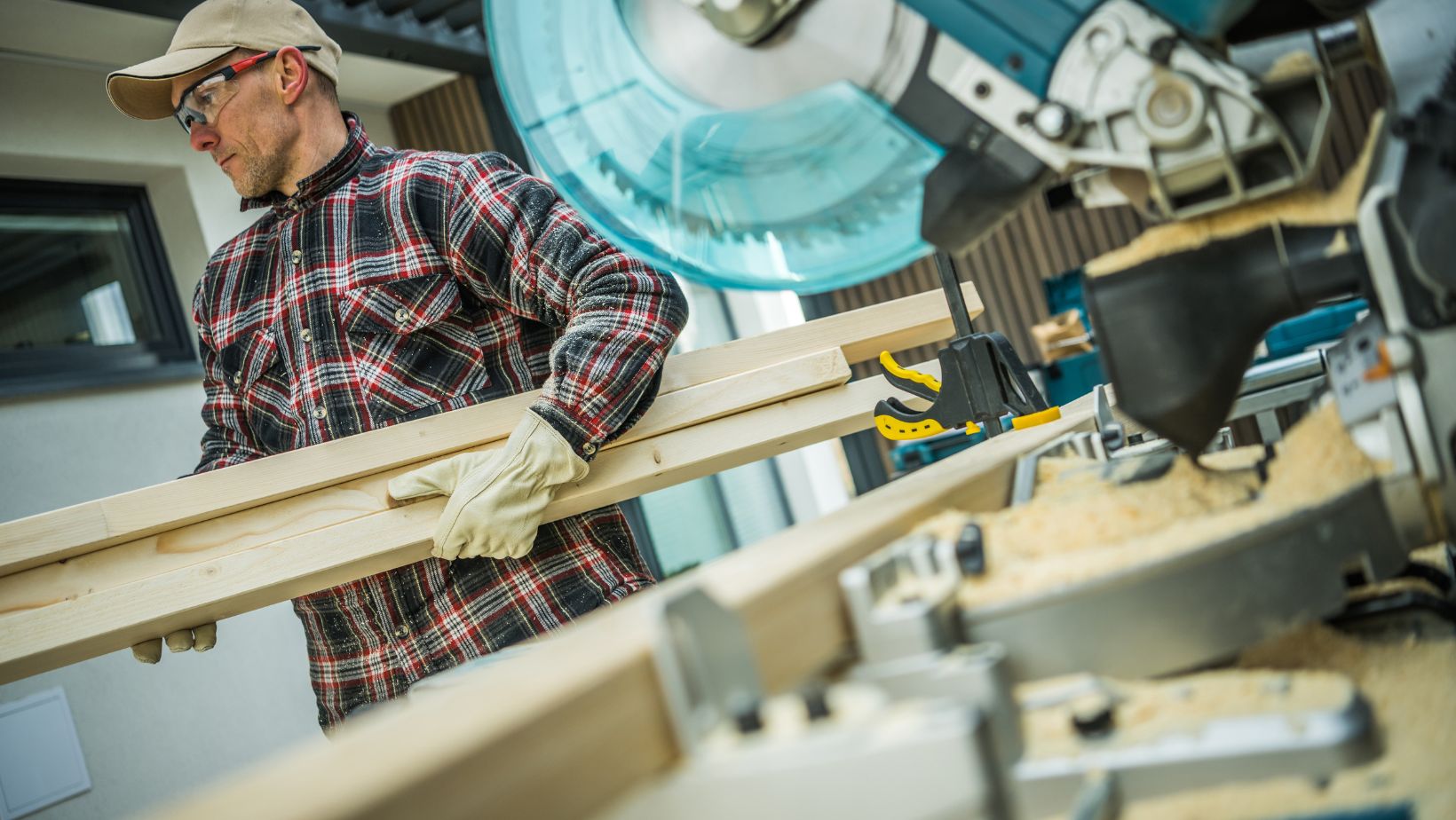Embarking on a backyard project—whether transforming a flower bed or building a gazebo—can be incredibly rewarding, but it also comes with critical considerations. If you’re planning construction work in Virginia, even seemingly minor outdoor structures may require proper credentials, which is why referencing class C license FAQs early on is essential. Navigating regulations without understanding the licensing requirements could expose you to delays, fines, or structural issues that impact both safety and aesthetics. Let’s explore why securing the proper licensing matters and how it protects your project from start to finish.
The Backyard Projects Which Need Licensing Scope
Most of the homeowners believe that only large home renovations need licensing. However, Virginia may require even smaller-scale backyard operations to be subject to regulations. As an example, the building of a gazebo, installation of retaining walls, or installation of in-ground patios may have structural implications such as load-bearing, water drainage, or electrical wiring, which may provoke the issue of licensing.
This regulatory system safeguards the consumers, since contractors who undertake construction activities must meet minimum standards in terms of training and accountability. Licensed contractors are also required to understand building codes, safety measures, and best practices within the industry, and this significantly minimizes the chances of building collapse or code non-compliance. Outdoor environments in which weather exposure or site-specific soil conditions may pose unseen hazards are especially vulnerable to such safeguards.
Finally, it is not a bureaucratic annoyance to know which projects need permission and credentials; it is a safety measure. The lack of licensing can make it hard to obtain permits or insurance, and may also cause subcontractors to decline to work with you. It is essential to have a clear understanding of its scope as a basis for confident and responsible planning.
Criminal Consequences of Practicing without a License
Continuing to work without adequate licensing in the state of Virginia may have severe consequences for both homeowners and contractors. These may be stop-work orders, expensive fines, invalidated warranties, and even lawsuits to slow your project and increase costs. Regulatory authorities have the mandate of ensuring that compliance is achieved and that the people are not exposed to incompetent or dishonest operators.
Along with financial fines, working without a license can lead to uninsured liability. In case an accident or property damage occurs due to an unlicensed contractor or on your part, the insurance providers might not cover claims related to unauthorized work. This security loophole negates all the hard work and investment that you put into your backyard improvement.
Additionally, the resale value and future inspection might be damaged. Real estate appraisers and home inspectors consider the work done by licensed specialists as more credible and by the rules. Unlicensed alterations can also create suspicions in the potential purchasers or local authorities examining permits, which can result in the removal or post-factum rectification requirements.
Advantages of Contracting Licensed Contractors
Using a duly licensed contractor will further ensure that your project is performed with technical expertise and professional supervision. These contractors are vetted, have passed tests, and have proven to be financially responsible, so you are not hiring an inexperienced or uninsured contractor. The assurance that there is a license in place is comforting and provides a channel to address any issues that may arise.
The licensed professionals will also be in a position to obtain all the required permits before starting work. This implies that your project, be it gazebo framing or outdoor lighting installations, will be in line with the local zoning laws and construction codes. The right permitting avoids surprises that may hold up projects or require expensive mid-course corrections.
Verifying the Licensing of a Contractor
It is worth checking that a person is qualified before employing them to work on your backyard constructions. In Virginia, visit the official state licensing board website and check that the contractor has a current Class C license. By verifying the type of license, the expiration date, and any disciplinary record, you can determine the legitimacy and competence of the individual.
In addition to verification of credentials, request the contractor to provide evidence of up-to-date insurance coverage, including both liability and workers’ compensation. A responsible contractor can easily show documents to prove that he or she is covered in the event of damage or injury on your property. When a provider is reluctant or unable to give this, it is prudent to seek alternative suppliers instead of subjecting oneself to exposure.
Conclusion
Construction of a gazebo or other type of garden structure may appear to be a simple backyard project, but failure to consider the licensing requirements in Virginia may result in legal, safety, and insurance problems. By ensuring proper accreditation with a Class C contractor and verifying credentials beforehand, you not only save your investment, but also gain peace of mind. The licensing route is not only about conformity; it is about ensuring quality of workmanship, effectiveness, and a lasting satisfaction of your outdoor living environment. Having a professional in the picture, your garden-to-gazebo conversion will be smoothly implemented and long-lasting in attractiveness.





